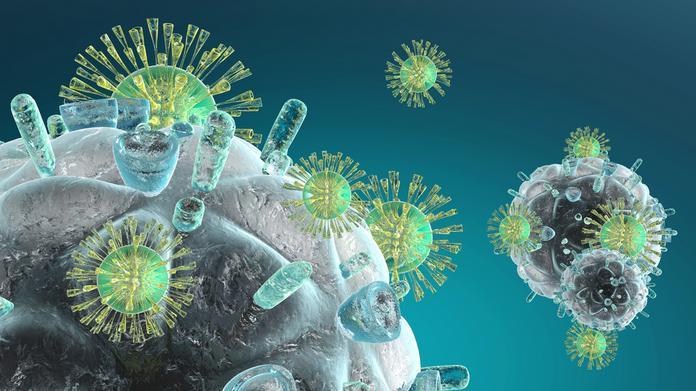Problems with the immune system
The immune system plays a leading role in the body’s defense against invading pathogens, toxins, and diseases and helps fight infection. The immune system is composed of platelets and white blood cells, and one of the main types of cells used for immunity are called T cells. .
In normal circumstances, T-cells travel through the body to find, capture, and fight invading germs, such as bacteria and viruses. However, in people with psoriasis, the same T cells start to attack healthy skin cells. Studies suggest that it could be due to a mutation in the genes that causes a change in their structure. It is not exactly known what exactly triggers this mutation, although environmental factors have been identified, such as exposure to radiation, smoking, alcohol intake, and obesity.
Attacking the body’s own skin cells cause the skin to produce more skin cells – at a faster pace than usual. Excess production of skin cells trigger the stimulation of more white blood cells, which further attack the new cells, and the cycle goes on.

